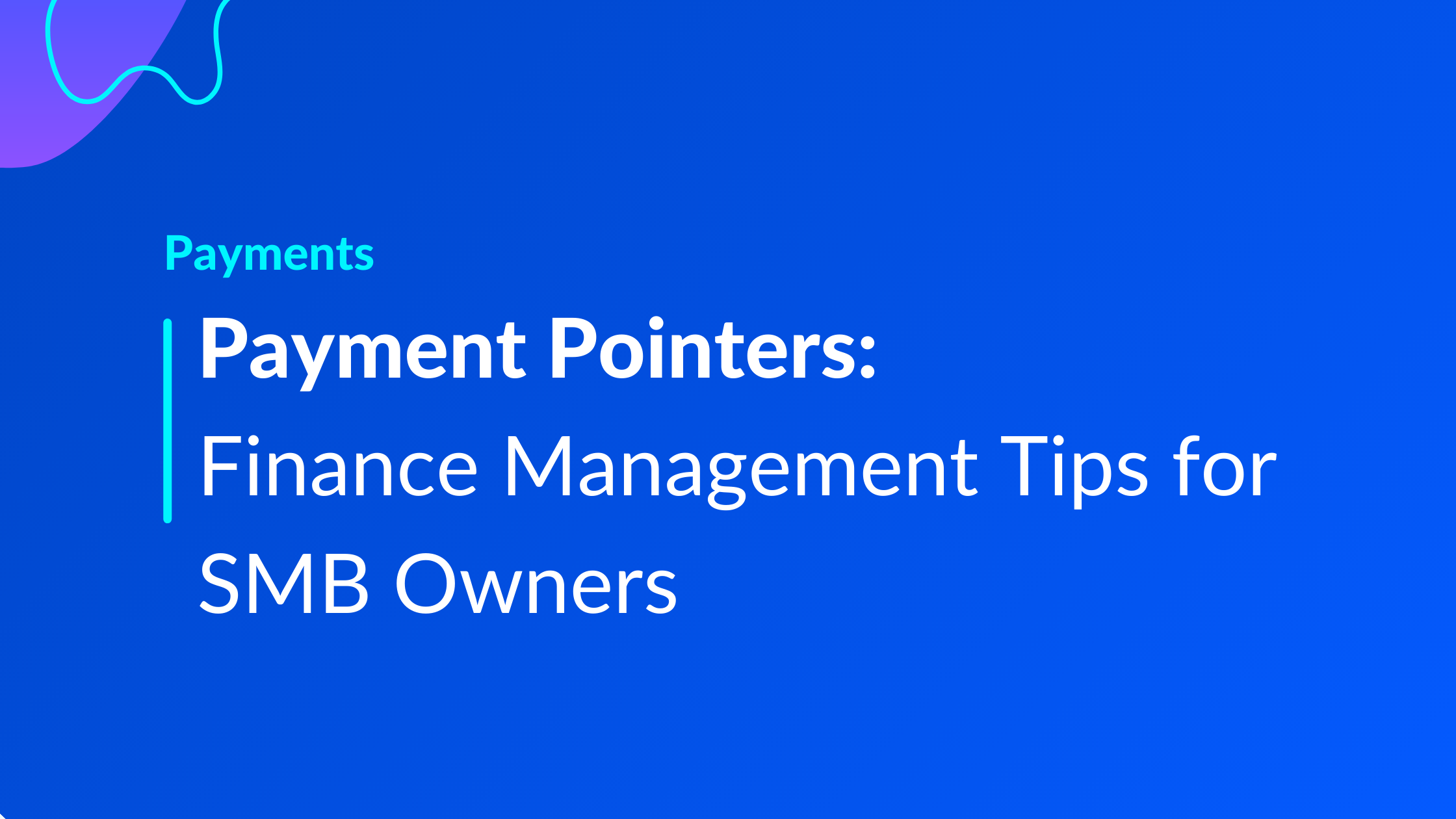Operating a small to medium-sized business (SMB) can be an exhilarating and demanding endeavor. Among the essential skills that business owners must acquire is effective finance management -
In our previous article, we emphasized the significance of financial management for small businesses. Today, we delve deeper into the world of SMBs, exploring the must-know finance management tips that can enhance cash flow and streamline operational efficiency in your business. Let's begin!
1. Develop a Realistic Financial Plan
The cornerstone of effective finance management lies in crafting a practical and achievable financial plan. This involves creating a well-structured roadmap that enables businesses to identify their short and long-term financial objectives, encompassing projections for cash flow, profit margins, expenses, and revenue. By charting a progressive course, you can set more attainable goals and track your progress incrementally, making it easier to adapt your overall strategy as needed.
2. Keep Accurate Records
Accurate record-keeping is a vital aspect of effective finance management that businesses of all sizes must master. It involves meticulously tracking all incoming and outgoing transactions, including receipts, invoice statements, and bank statements. By maintaining well-organized and detailed records, small-to-medium sized business owners can effectively monitor their financial progress over time and gain a clearer understanding of their company's financial well-being.
3. Monitor Cash Flow
Regularly monitoring cash flow is crucial for the financial health of any business; it is, the oxygen of any business. It ensures that the necessary funds are always available to meet obligations such as paying bills and employees. Keeping a close eye on cash flow allows business owners to identify potential issues early on and make necessary corrections. Utilize financial forecasting tools to predict future cash inflows and outflows, enabling adjustments to spending as needed.
4. Control Costs
To effectively manage finances for small-to-medium sized businesses, it is crucial to prioritize controlling costs. By closely monitoring expenses and finding areas where costs can be cut without compromising the quality of products or services, businesses can boost profitability. Consider reducing business travel, evaluating suppliers, and negotiating costs to achieve this. Additionally, creating a financial calendar that outlines expected business expenses and income will help businesses stay on top of their finances.
5. Seek Professional Assistance
Managing finances for small-to-medium sized businesses can be challenging, especially for those without a background in finance. It's okay to seek professional assistance when necessary. A business owner may benefit from working with a certified accountant or financial advisor who can help with bookkeeping, tax returns, financial planning, and other finance-related tasks. While it may appear as an extra cost initially, seeking professional assistance can actually lead to significant savings in the long run by preventing costly mistakes.
A solid finance management strategy is crucial for the success of any business, regardless of its size. Small-to-medium sized business owners must prioritize this aspect and not overlook its significance. By applying the valuable tips mentioned above, you can better position your business to avoid financial difficulties that could prove highly problematic in future -
Discover end-to-end financial automation with WisePay, which seamlessly works together with Wise-Sync, to automate every step of the invoice lifecycle - get in touch with our trusted team today to find out more.
